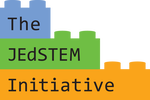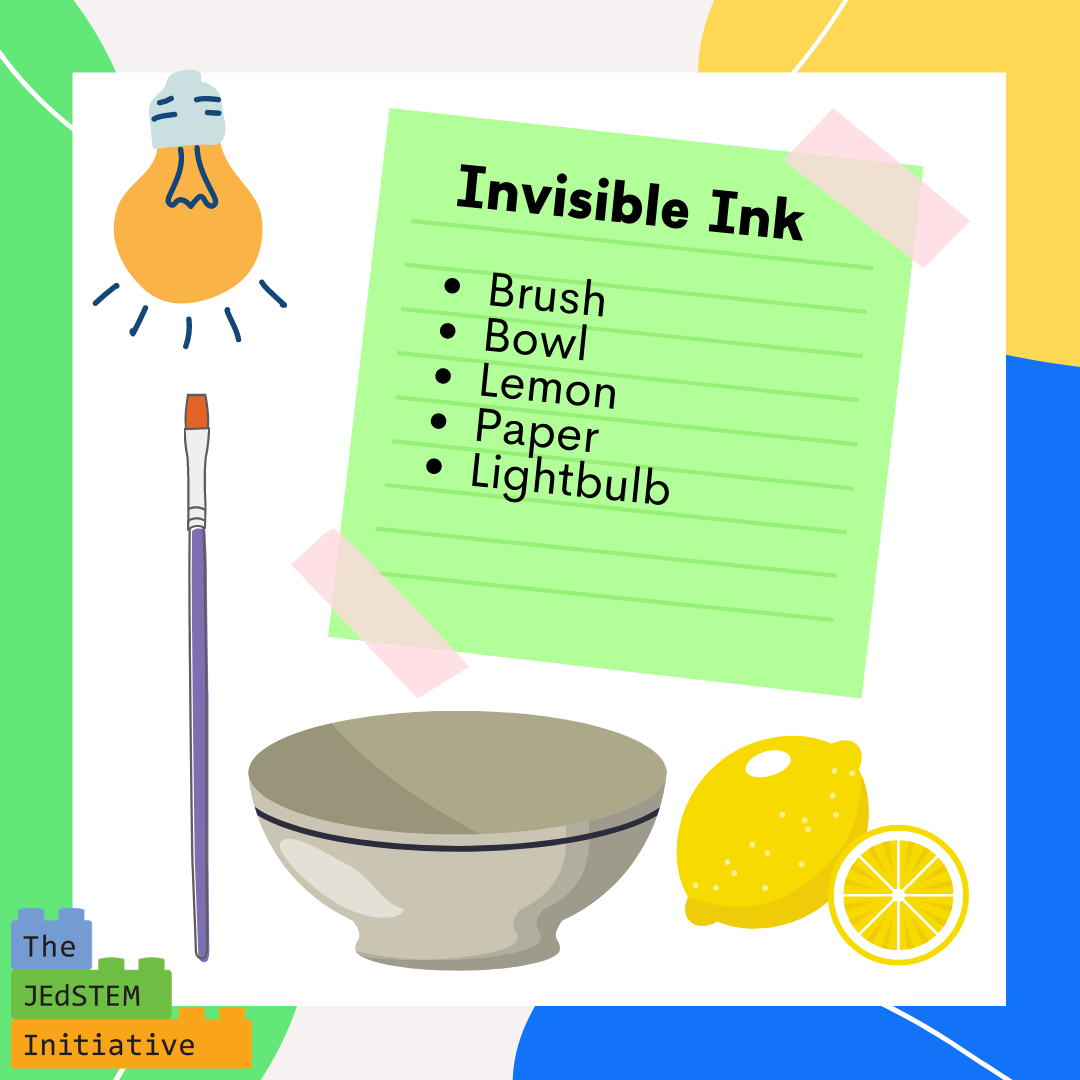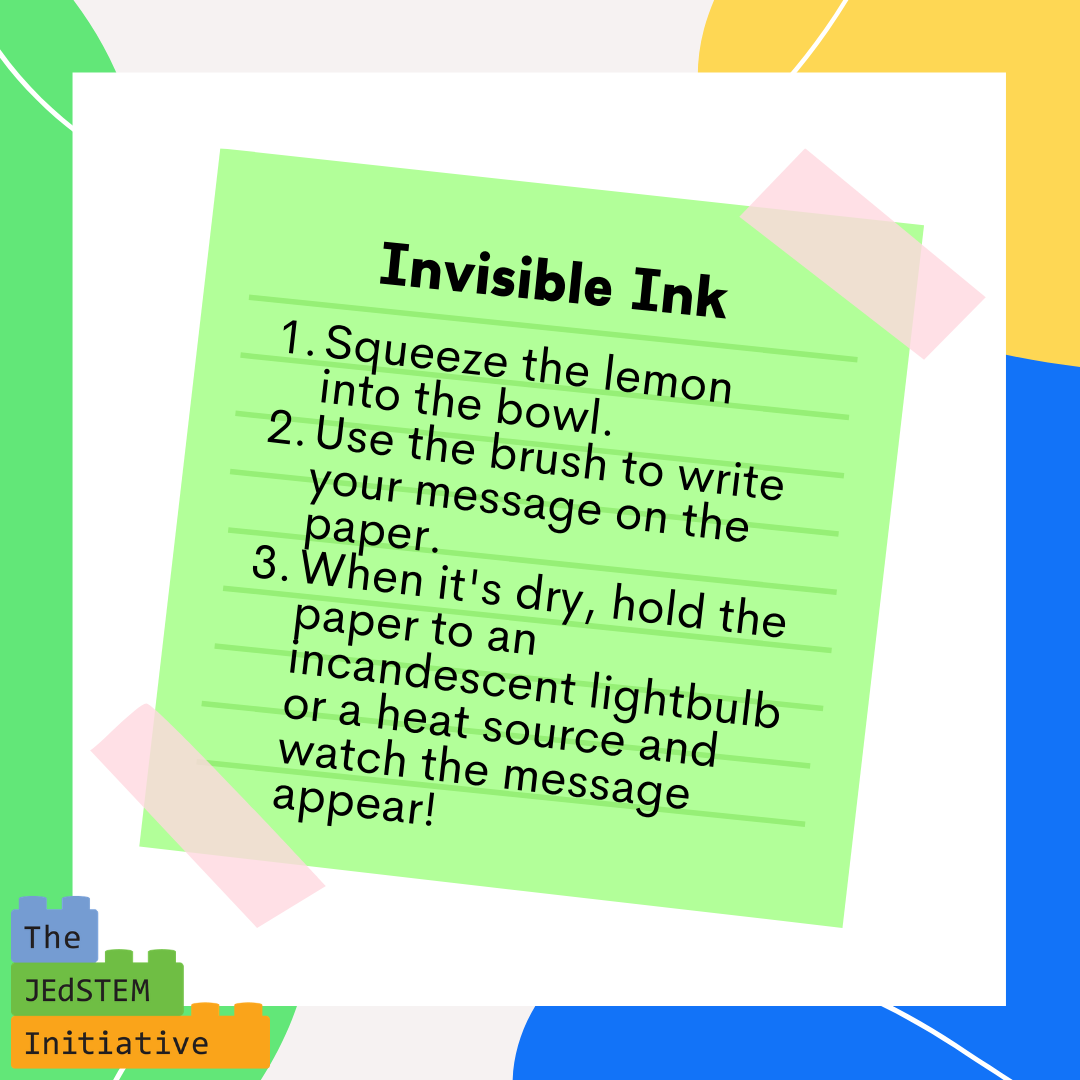|
Today’s topic is Awaken and today’s post is from Jamie Field, 2nd year rabbinical student at HUC.
I have three modes of waking up in the morning. Sometimes, when I have a particularly exciting day ahead (like my birthday, or the first day of school), I can jump out of bed, hop in the shower, and begin my day full steam ahead. Sometimes, I’ll wake up anxiously, grab my laptop from next to my bed and immediately check all of my emails, stressed about what I could’ve missed in my 8 hours of sleep. Other times, I have a lazy morning and stay in bed for a couple of hours before I decide what snack is going to convince me it’s worth leaving the blankets. The month of Elul, which is the Hebrew month leading up to the Days of Awe, give us a chance to metaphorically wake up in all of these ways. As we reflect over the past year, we have the opportunity to jump out of old habits right away, and immediately prepare for ways to grow and learn as we strive to become our best selves. Other times, thinking of the things we have said or done can cause anxiety. I often have to remind myself that it’s alright to sit in that anxiety, to recognize the things I have said or done that I regret. Being uncomfortable can give us a chance to truly come to terms with our actions, and that can kickstart a path to change. Reflecting on the past is also an opportunity to think of the things we have done right and what ways we want to continue being the person we are before. We’re all full of dichotomies, good and bad, right and wrong, and acknowledging the good we have done in the past year can help propel us into doing more good in the coming year. If Rosh Hashanah is the official start to the day, Elul is changing from pajamas into clothes and getting ready. Waking up on some days is harder than other days, but, luckily, Judaism allows us to have an entire month to prepare for a meaningful year ahead.
0 Comments
Today’s topic is Count
Did you know that there is an entire book of the Torah dedicated to counting? The fourth book of the Torah is called Bamidbar in Hebrew, which means Numbers in English, because it includes the process of the Israelites conducting a census. After Moses received the Ten Commandments he is commanded by God to conduct this census, which only includes the Israelite men of military age. After the census is finished it is found that there are 603,550 Israelites of military age. Over 30 years later as the Israelites approach the Promised Land, another census is conducted, so that the lands could be appropriately divided among them. This second census finds that the number of Israelities has fallen to 601,730. Today, during the Torah Service portion of a Shabbat morning service, you may see members of the congregation raising their pinkies into the air during Hagbah (when the Torah is lifted, and its words shown to the congregation. This tradition comes from the census, that each member is important and valued as part of the community. Today’s topic is Forgive
Science is all about trial and error. Thomas Edison said of his invention of the light bulb “I have not failed. I’ve just found 10,000 ways that won’t work” Even if something doesn’t work if you record your results and keep trying you can ultimately get it to work. On the Day of Atonement, Yom Kippur, we think about the ways we have erred, or maybe not done exactly what we wished we had. Yom Kippur is our opportunity to give a heartfelt attempt at another try towards getting it right. Today’s post also includes a procedure for our third #ExploreElul experiment, Invisible writing. This experiment is one that you can try multiple times with slightly different variations of lemon juice, drying time, or heat source to get potential different results. Try the experiment out and tag us @jedstem with your results. Today’s topic is Ask and today’s post is from Hannah Elbaum, Jewish Learning Guide and 4th Grade Curriculum Coach at Temple Beth Shalom in Needham, MA.
When I was in elementary school, we learned how to write descriptive sentences that answered the 5 W questions: Who, What, Where, When, Why. This was very helpful to my younger self, and is still something I think about each time I sit down to write. And yet, this left out my personal favorite question word: How? To me, how is an even bigger ask of the world, and of ourselves: not just what can computers do, but how can we build computers to do what we need? Not only do we wonder: where could other life live in our universe, I ask: how can we understand what life needs to exist and thrive? How can we understand more about the universe? This Elul, I am asking myself, not just what I am reflecting on, where I want to shift my intentions, and why feel the need to make these changes, but how can I do so in a way that sparks lasting impact? Today’s topic is Hope.
Hope can sometimes seem beyond the world of science, living only in abstract concepts, but Dr. Charles Richard Snyder, a positive psychologist, researched hope. His Hope Theory says that hope is buoyed by two main pillars, 1) agency: feeling able to reach one’s goals, and 2) pathways: having plans for how to reach one’s goals. Snyder also found that higher feelings of hope correlated with stronger performance in many areas, including athletics, academics, and personal growth, as well as being one of the strongest predictors of overcoming negative experiences. As we think ahead, Hope Theory gives us some food for thought. In this year, how can we manifest hope by growing our sense of agency and planning steps along the way until we reach our goals. Today’s topic is Bless.
Have you ever wondered why things happen or work the way they do? Every day, amazing events occur all around us - and even to us! Jewish tradition has many ways that we measure and mark these moments, events and happenings - most often by blessing! The nisim b’chol yom, prayers for daily miracles, help us identify and celebrate while acknowledging the holy in what could be glossed over as an everyday occurrence. And, the science behind all of this is fascinating. How we open our eyes, move our bodies and accomplish different tasks - all are moments of blessing! It is an important opportunity to recognize gratitude. What are the opportunities and functions for which you are grateful in your life? How can we be a blessing to others? Each morning at URJ 6 Points Sci-Tech Academy East starts with a bang! Offering an experiment which connects to one of these daily miracles enables campers and staff to start their day with awe and wonder....not to mention some very cool explosions and reactions! This is a special example of how we can add moments of ritual and gratitude to our day as we explore, discover, learn and connect.
Today's topic is See and today's post is from Brett Lubarsky, Director, Jewish Teen Initiative of Greater Boston.
We far too often live by our alerts, to-do lists, notifications, scheduled events and reminders. Driven to accomplish, succeed and experience, it is not uncommon that we find ourselves over-scheduled and tired. (Almost) every day, my practice has been to try to carve out time for wonder. While some days are more successful than others, it stretches me to focus on those things which I do not typically notice. It may be a sunset, reflection, or even a certain location. Whether on a walk or drive, it amazes me how much I discover as new - even when I have traveled that route countless times before. There is so much we don’t often see because we’re too focused on our destination. Abraham Joshua Heschel teaches that, “Our goal should be to live in radical amazement. ...get up in the morning and look at the world in a way that takes nothing for granted. Everything is phenomenal; everything is incredible; never treat life causally. To be spiritual is to be amazed.” Over the past few years, significant amounts of research have been conducted around the impacts that happiness and positivity have on our brains and lives. Positive psychology is a growing field, and the concept of flourishing raises some significant questions about how we go about our daily lives and find meaning in who we are and what we do. The science behind awe and wonder is quite fascinating. Life during COVID-19 has, in many cases, slowed things down...or at least has altered our concepts of and interactions with time. Routines are different. Priorities shift. Perhaps this has been an opportunity for us to see things differently than we did before. In preparing for the new year, how can we exercise our spiritual muscles in new and different ways? Can we shift the ways in which we perceive things? Where can we find new meaning and amazement in our lives? Maybe it’s been there...and we just haven’t been able to see it.
Today’s topic is Trust
Trust is embedded in almost everything we do. Since this is #ExploreElul and we are looking at Elul from a STEM perspective, let’s look at Trust the same way, trusting that an experiment or procedure will work even if it doesn’t look like it will and not giving up too early. For this week’s experiment we are looking at two common reactions: baking soda and vinegar which makes an awesome volcano; and sugar, water and yeast, which is how bread is able to have a lovely, pillowy texture. Both of these reactions create gases, which we are demonstrating using a balloon that will inflate as the reactions continue. In our video, you’ll notice that the baking soda and vinegar reaction is almost instantaneous, while the sugar and yeast reaction is slow and steady. Science, and baking, have proven time and again that these reactions will work, but even we at JEdSTEM had a moment of uncertainty watching the sugar and yeast. We trusted the reaction was taking place, and began to notice the little twitches as the balloon filled up. Try out the experiment at home! Be sure to use proper safety procedures and tag @jedstem and #ExploreElul in your post! Materials Need:
Procedure:
|
AboutJEdSTEM aims to develop engaged, curious, and innovative Jewish minds for the modern world. Archives
February 2022
Categories
All
|



 RSS Feed
RSS Feed